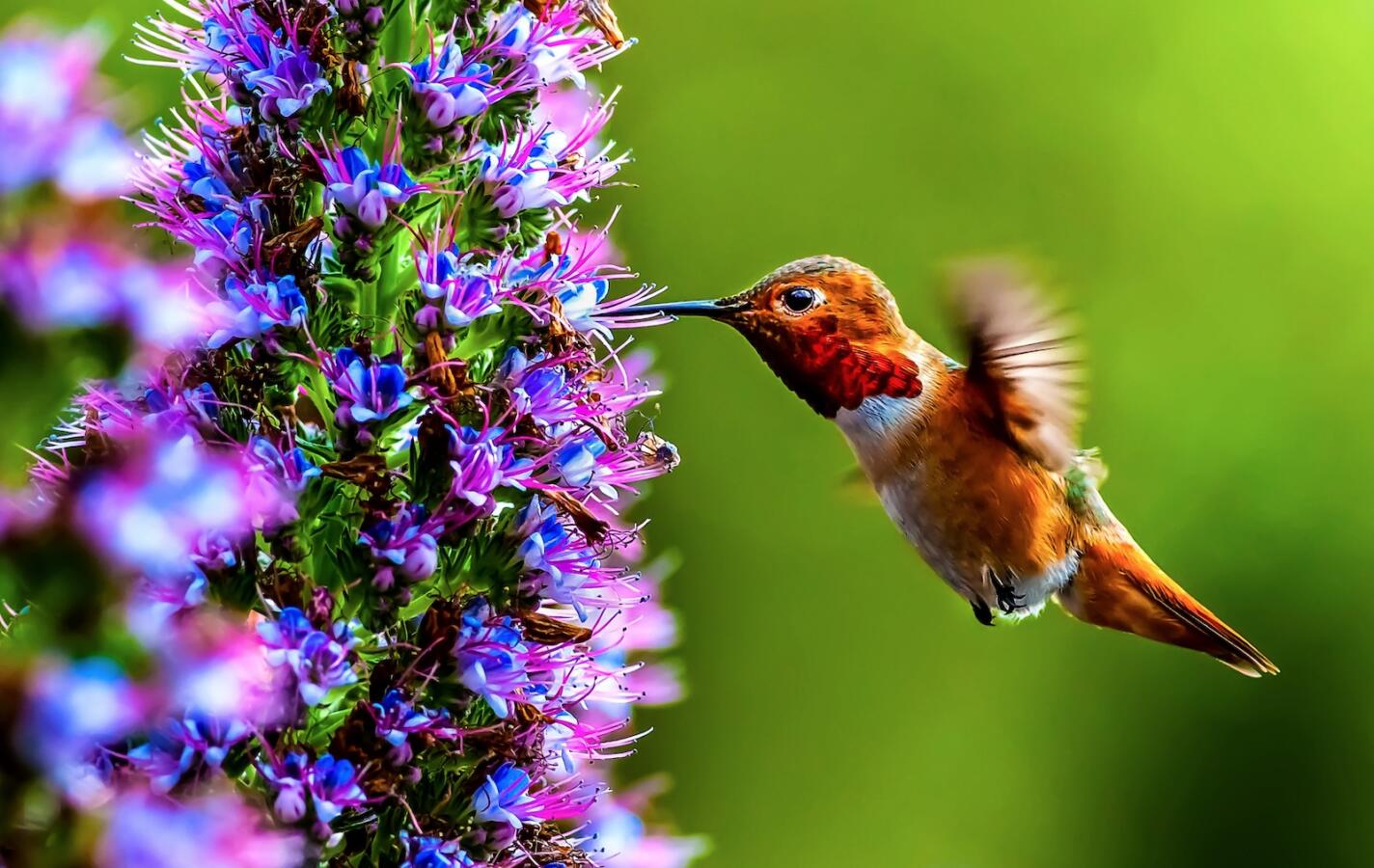There are multiple new years in the Jewish tradition. In the fall, on Rosh Hashanah, we reflect on the year that has passed and release what no longer serves us. In the spring, we connect to the power of radical change and liberation on Passover. And in mid-winter, we honor the more-than-human world with the celebration of Tu Bishvat, the new year of the trees, which we marked this past week.
The Hebrew word for year, shanah, has multiple meanings, each of which invites us into a different posture in this new year. One meaning is repeat. This is where the Hebrew word for the number two (shnayim) comes from. And in the Shema prayer, we find the instruction v’shinantem l’vanecha — you shall teach these words, you shall repeat them, to your children.
As this new year of the trees begins, we find ourselves contending with multiple intersecting and overlapping crises: escalating war and horrific violence; rising authoritarianism and threats to democracy; increasing polarization and divisiveness; environmental catastrophe and ecosystem collapse. I can feel the part of me that wishes to repeat what once was, to go back to some imagined “good ol’ days” of the way things were. But the truth is that the systems we’ve been living within aren’t working any longer — and for some people, they haven’t been working for some time. And yet, within me a voice survives, a longing that I try to silence because it feels so misguided but must admit is still there — a voice that says maybe this all will pass and we can get back to normal.
The seeking of the familiar at a time of drastic change is a natural urge. But when we witness the devastation unfolding daily on our screens and all around us, we know in our hearts that what was isn’t working. And if we try to return to where we have been and repeat it once again, we may find that, like Lot’s wife who turned to look back as Sodom and Gomorrah burned, we’ve turned to salt.
With your help, My Jewish Learning can provide endless opportunities for learning, connection and discovery.
In the brilliance of the Hebrew language, there is another meaning of shanah, and it’s the opposite of repeat: shanah also means to change. This new year of the trees comes at a time when so much that once appeared stable is changing. The many crises we are facing have jammed up the cycle of repetition, giving us the opportunity to radically, fundamentally, foundationally, change.
We don’t know where this next year will lead us, or what lies on the other side, but there is no going back to what was. Some of the changes that must be made are ones we know how to do, even if they’re hard. Others are going to be much bigger than anything we can currently imagine. Like lines of poetry that slip through our fingers when we try to make sense of them, our plans for the future fall through our grasp when we try to bend the outcome of these changes to our will. By next Tu Bishvat, who knows what new crises will have arisen, or what new, unexpected pathways forward may emerge.
A few days ago I was sitting at my desk, window facing the street, trying to write my way into something of significance for this piece. It was early on a Sunday morning, and the weight of the world felt heavy on my heart. Looking around for uplift, my eyes searched for the hummingbirds that normally flutter outside my window. I scoured the branches for the iridescent sparkle of their wings, yet I saw only purple flowers, eager, expectant, waiting for their partners in pollination to return. I too was waiting — for the words, for God to awaken something inside me.
It was then that I remembered one other possible connection to the word shanah. Though scholars disagree, some postulate that there may be an etymological connection to the word lishon — to sleep. In the Rosh Hashanah liturgy, we invoke Maimonides’ words: uru y’sheinim mish’natchem: wake up you sleepers from your sleep. On that new year, the shofar calls us to wake up to the pain of the world, to the harm we’ve caused and the need for change. But it hardly feels like we need that kind of awakening now. Many of us have heard the alarm and been jolted awake. Yet there is a part of ourselves that still slumbers, a part that this new year that reminds us of our connection to the more-than-human world may be meant to awaken.
In Song of Songs, it is written: Ani yisheinah v’libi er. I am asleep, but my heart is awake. I — the ego, the sense of who we are, the impulse to control and hold tight — needs to soften into sleep so that something tender and heart-centered can awaken. We haven’t yet awoken to the part of us that, through calamity and catastrophe, remains open and ever full of love, able to guide us through the challenges and changes to come.
For me, on that Sunday morning, the knock was the hummingbird, fluttering about, trying to find a place to land. And the knock was the beauty of the flower — open, beautiful, sweet, expectant. In this new year of the trees, amidst everything we seek to change, let us also make space for an awakening that is soft and sweet, and that reconnects us to our love for the world — and to our own tender, yearning hearts.
This article initially appeared in My Jewish Learning’s Shabbat newsletter Recharge on Jan. 27, 2024. To sign up to receive Recharge each week in your inbox, click here.



